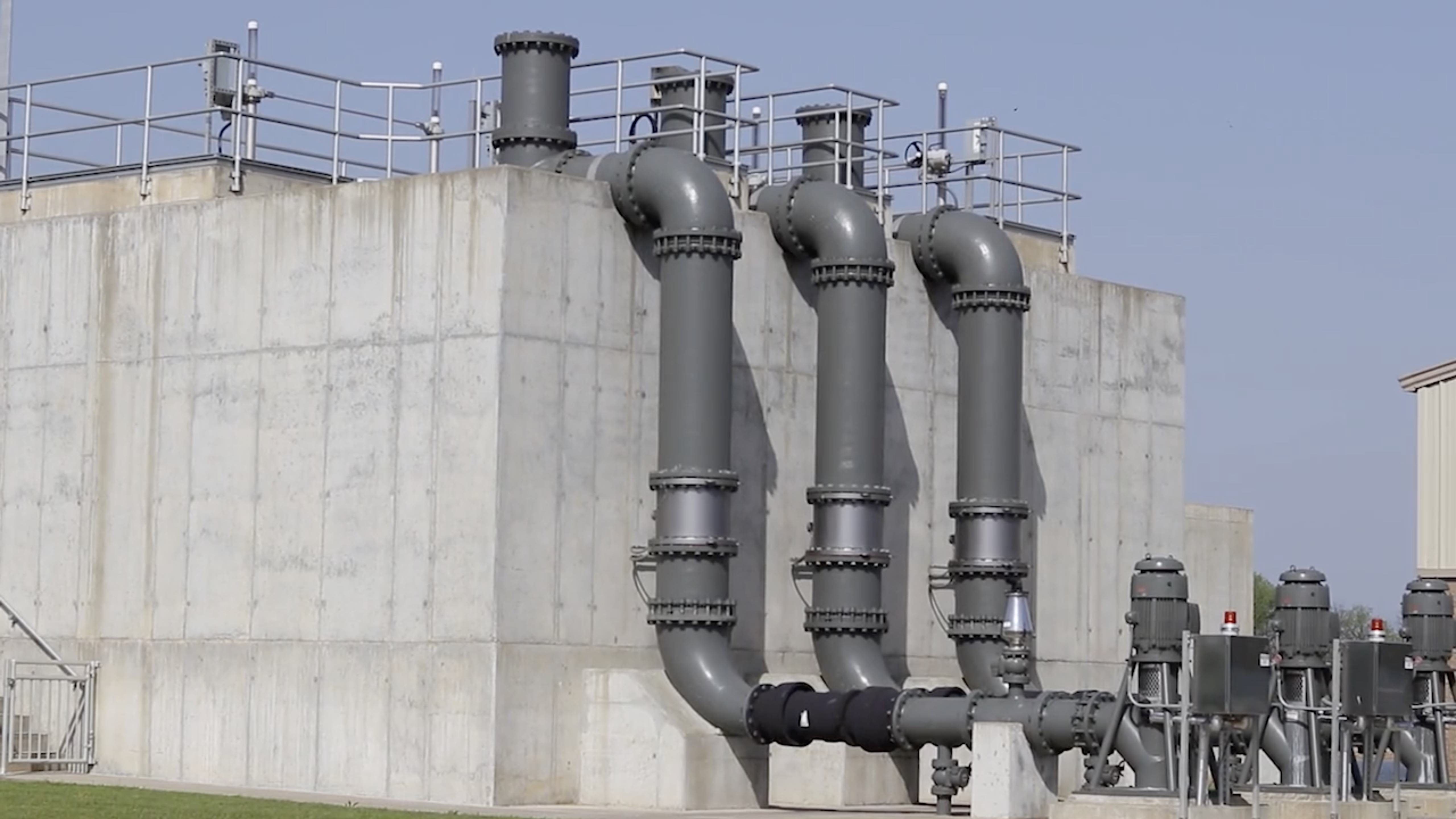Creating the Green Standard
January 4, 2019 (Batesville, Ark.) — In the past decade, Batesville has taken bold action to invest in the future by turning to innovative technology and strategic, long-term planning for infrastructure, which has contributed to regional growth and captured the attention of national and state-level officials. The Environmental Protection Agency identified Batesville’s endeavors as a Green Project, and the city received a sizeable grant as part of the American Recovery and Reinvestment Act. Former Vice President Joe Biden included Batesville in his report, “100 Recovery Act Projects That Are Changing America.” Most recently, the city won three separate Arkansas Business Trendsetter City awards for infrastructure and environmentalism.

However, it was not long ago that Batesville faced a crisis, as its decades old wastewater treatment system reached maximum capacity and began failing to properly manage waste. Amid ongoing challenges of the economic recession in 2009, the city recognized the looming threat to their community and formed a response, which prioritized environmental and economic concerns. Today, Batesville, Arkansas, houses one of the most revolutionary and eco-friendly facilities for treating wastewater in the country. Once completed in 2016, the new Wastewater Treatment Plant became the largest facility of its kind in the United States. Batesville’s hidden technological marvel effectively purifies millions of gallons of wastewater each day and returns clean water back to the White River, benefitting regional ecosystems and supporting the growth of industry. For this, the city was awarded the coveted 2017 Pinnacle Award for overall excellence among every community in the state.
Through the Batesville Wastewater Treatment Facilities Improvements Project, city engineers devised ways to work with the natural landscape and reduce energy costs while improving treatment capacity. This meant drilling into dense rock for tunnels and utilizing gravity within the mountainous region. The new facility runs on about a third of the energy the former system needed, which equates to an estimated $90,000 in annual energy savings. Comprised of a complex system of basins, a lagoon, and a Moving Bed Bio-Reactor, wastewater undergoes treatment through a primarily organic process, which produces cleaner water yet requires fewer chemical additives. The unique bio-tech approach applies aerated water and bacteria to help remove toxins. The plant’s discharge water comes out cleaner than the White River, where it flows into the nearby waterway and counteracts pollution.
Local industry accounts for half the wastewater processed, followed by the hospital and various commercial businesses. The city factored in potential growth as an important part of the new system. Currently, Batesville uses only 60% of the treatment plant’s 9 million gallon per day capacity, which leaves room for significant increases in population and twice the amount of industry, in theory. Additionally, the system was constructed and lines were laid so that the current equipment could be mirrored, allowing for vastly more overall waste treatment capacity as the need arises.
Batesville was acknowledged for a myriad of other environmentally-conscious efforts as well. In recent years, the city worked to expand trails, connect neighborhoods with paths, add bike lanes, and enhance pedestrian zones around town. Increased foot and bike traffic contributes to a smaller carbon footprint. The region is home to many small farms using sustainable and organic methods of growing. Local farmer’s markets and other venues host the growers and their products. Batesville also offers weekly curbside pickup of recyclables alongside standard trash. For these reasons and more, Batesville, one of the oldest communities in Arkansas, is emerging as one of its most progressive with focused planning to secure and build the city’s future.




